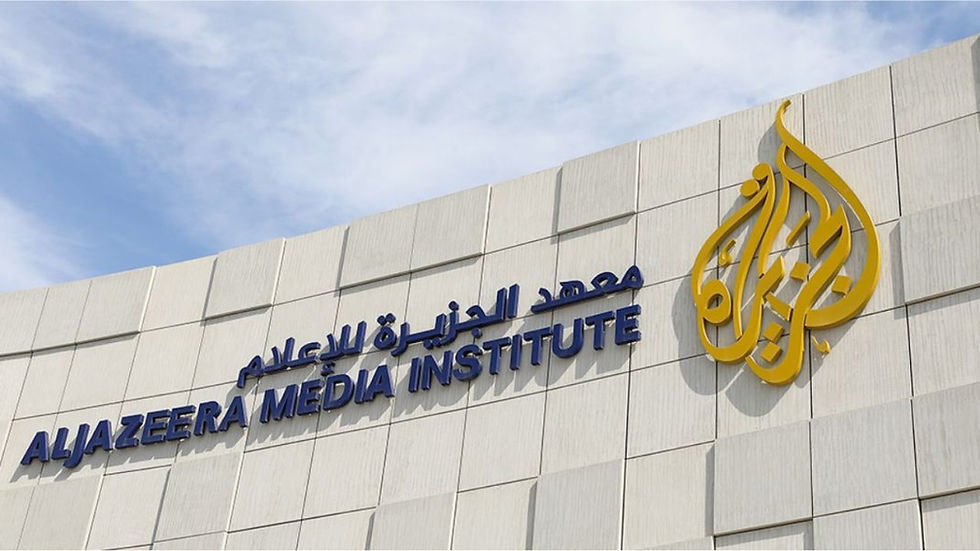Ulster University Fully-Funded PhD Scholarship In The UK
- GetIn Edu Consulting
- Feb 25, 2024
- 1 min read

Summary
Using a “One Health” approach, the ground-breaking project tackles the increasing threats of emerging pathogens to both human health and the environment. In line with global sustainability goals and strategic initiatives like the UKRI Strategy 2022–2027 and the Medical Technology Strategy, the initiative seeks to establish a sustainable paradigm for future health needs. To detect and track newly emerging bacterial pathogens, the project entails transforming sensors and materials into a digital twin format and incorporating artificial intelligence.
Benefits:
The university offers the following levels of support:
Vice Chancellors Research Studentship (VCRS): Full Award (tuition fees + £19,000), Part Award (tuition fees + £9,500), Fees Only Award (tuition fees).
Department for the Economy (DFE): tuition fees at the home rate, a maintenance allowance of £19,000 per annum, and a research training support grant (RTSG) of £900 per annum.
Eligibility criteria apply; please refer to the details for specific conditions and exceptions.
Eligibility:
Applicants should hold, or expect to obtain, a First or Upper Second Class Honors Degree in a relevant subject (Physics, Biophysics, Electronics, Nanotechnology, or Biomedical Engineering).
Equivalent qualifications, including a Lower Second Class Honors Degree plus a Master’s Degree with Distinction, may be considered.
A strong understanding of the subject area is demonstrated by a comprehensive research proposal.
Deadline: Ongoing
Click here for more details.



Comments